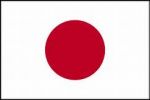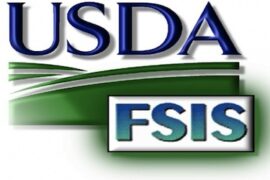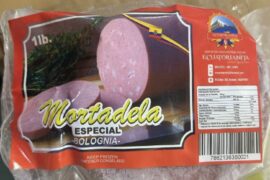The Japanese government is set to raise tariffs on frozen beef imports from the United States from 38.5% to 50%, which is permitted under provisions of the 1995 Uruguay Round of multilateral trade negotiations. New Zealand and Canada are also affected by the hike, while Australia is speared as it enjoys a bilateral free trade agreement with Japan.
“The tariff will take effect automatically as the volume of the imported US frozen beef exceeded the quota set by law. So this has to be done,” said Finance Minister Taro Aso.
The Ministry has determined that imports of American beef exceeded the allowed limit in the April-June quarter. The higher tariff will be in effect until the end of next March.
American exports of beef and beef products to Japan totaled $1.5 billion last year, making it the United States’ top market. The US is the second-largest supplier of frozen beef to Japan after Australia. Together, the two countries provide approximately 90% of Japan’s frozen beef imports, much of which consumed in the foodservice sector.
World Trade Organization rules under the General Agreement of Tariffs and Trade (GATT) permit Japan to introduce “safeguard tariffs” when imports rise more than 17% in a quarter on a year-on-year basis. According to trade statistics, frozen beef imports amounted to 89,253 tons in the April-June period, up 17.1% from a year earlier. This is the first time in 14 years that Japan has invoked such an emergency measures on US beef imports.





